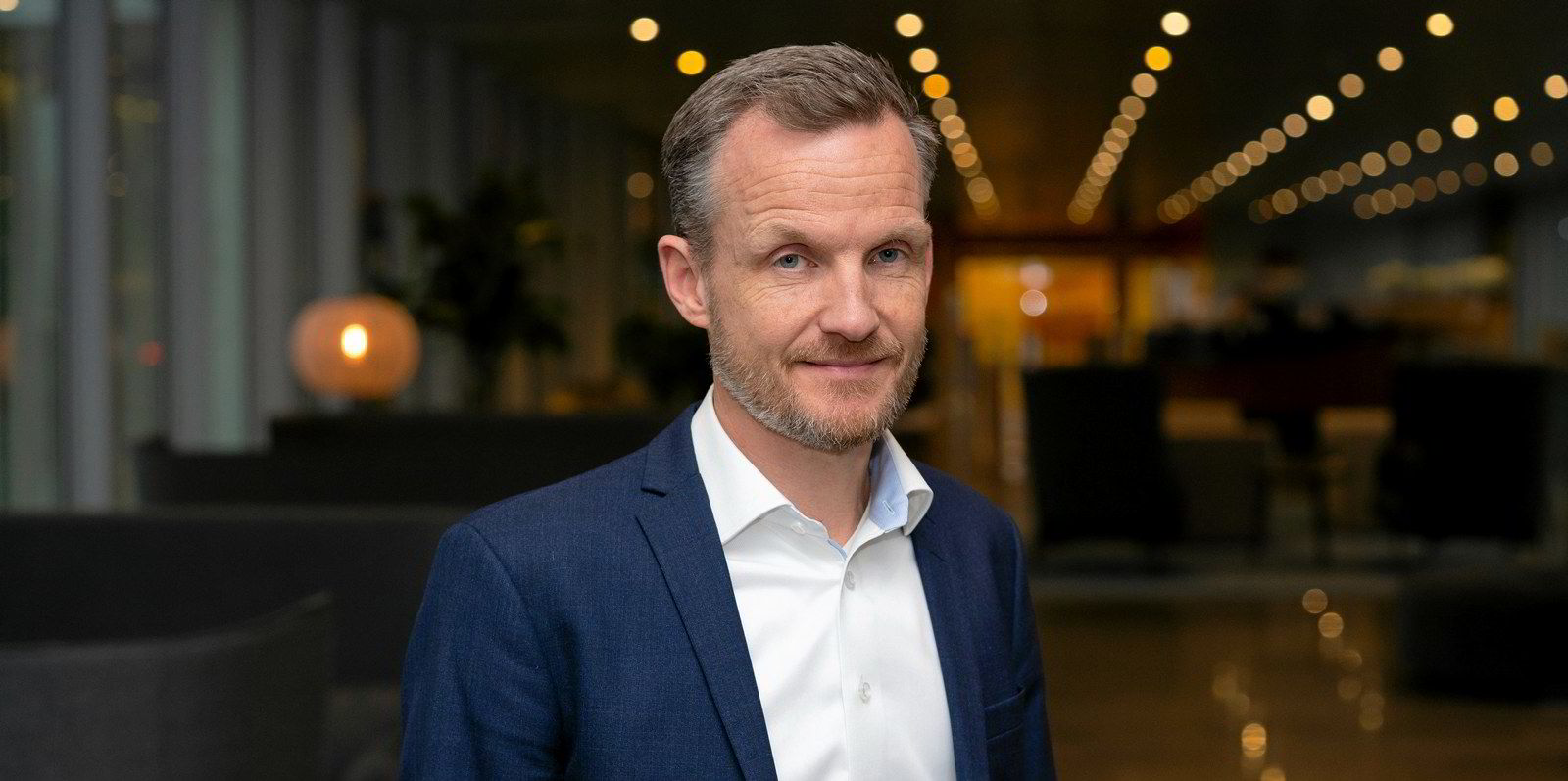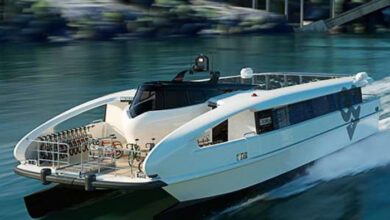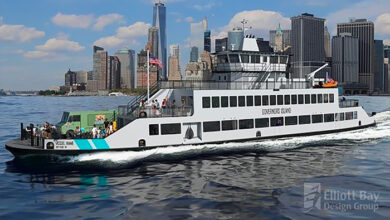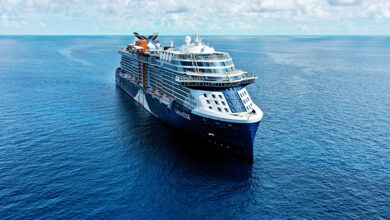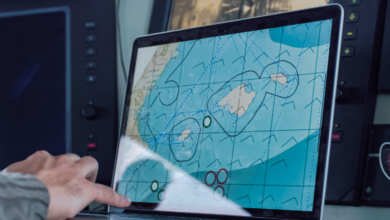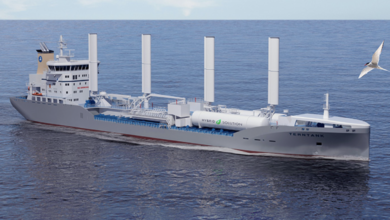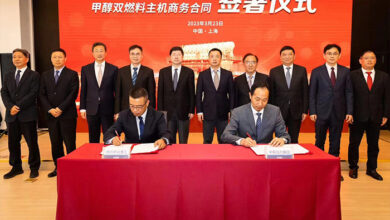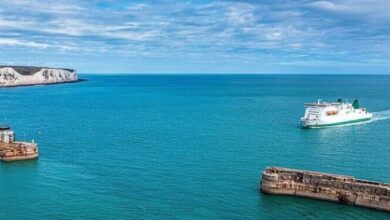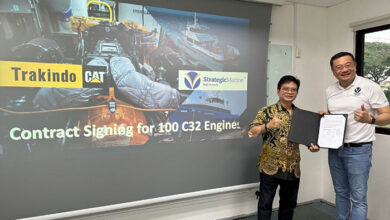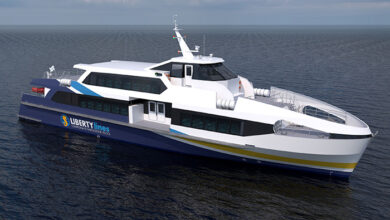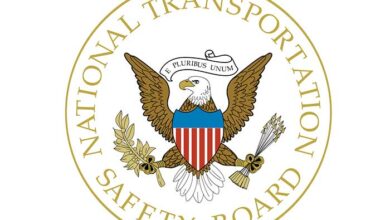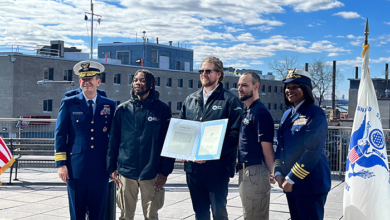Maersk : A Guidance for Decarbonise Logistics

A.P. Moller – Maersk join forces with the World Business Council for Sustainable Development, Smart Freight Center, and + 25 global companies to co-develop actionable and implementable guidance to quantify the impact of end-to-end GHG logistics emissions from supplier to the final customer.
Over the past year, we’ve seen a clearer picture emerge of the physical risks we’ll experience as our planet warms beyond 1.5 or 2 degrees. We have also seen greenhouse gas emissions reaching all-time highs alongside a proliferation of commitments to decarbonize and achieve net-zero.
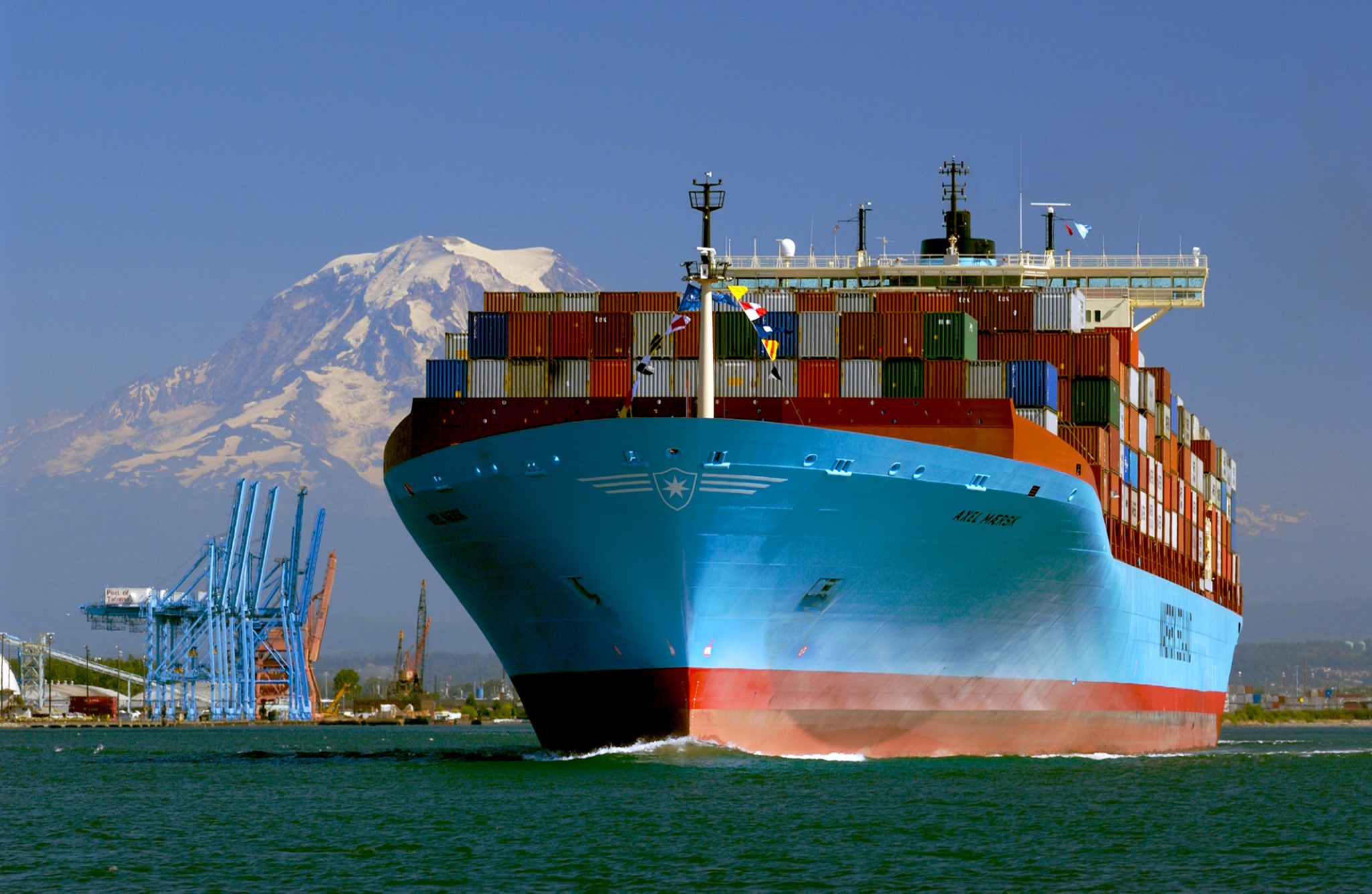
Recognition and understanding are growing of government, business and public responsibilities for responding to climate change. There is also a growing awareness of the need to have clear guidance across the value chain in both adapting to and mitigating climate change and creating science-based and transparent frameworks to accelerate the transition to sustainable logistics services.
This initiative aims at increasing transparency on carbon emissions and working together toward net-zero logistics.
As a global provider of end-to-end logistics services across all transport modes, it is a strategic imperative for us to achieve net-zero greenhouse gas emissions across the entire business by 2040. To ensure significant emissions reductions already in this decade, we have set clear and ambitious 2030 targets across our logistics operations.
Having the right common standards for the whole logistics value chain in place is crucial to be able to reach our goals in time while seamlessly supporting our customers‘decarbonisation needs. Once fully developed, this guidance will be an accurate method to first, allocate emissions to our customers and secondly, guide us on what we should ask our vendors to report on.
Supported by the World Economic Forum and built on analytical insights provided by McKinsey & Company, the guidance is meant to span across the entire supply -from supplier to customer.
The consortium will build upon and complement two existing frameworks.
The Smart Freight Centre’s Global Logistics Emissions Council (GLEC) Framework 2.0 – the globally recognized methodology for accounting and reporting logistics emissions.
The WBCSD’s Pathfinder Framework – the guidance for accounting and exchange of product life cycle emissions.
The guidance will be published by the end of 2022, with an intended formal launch planned during the World Economic Forum Annual Meeting in Davos in January 2023.
The organizations that participate in this initiative are:
A.P. Moller – Maersk, ADEME, Aldi Süd, Amazon, APL Logistics, ArcelorMittal, CMA-CGM, Colgate-Palmolive, Convoy, DOW Chemical, DPDgroup, Deutsche Post DHL Group, EcoTransIT World, European Shippers Council, Kuehne+Nagel, Nestlé, PSA International, Posti, project44, Scania, Selfridges, Siemens, TK Blue Agency, Uber, Unilever, UPS, Volkswagen.
Climate risk exposure needs to be part of all business conversations and together customers, suppliers, investors, etc. need to turn increasingly to the industry for guidance. We have a hugely influential role to play and we hope others will join.
About A.P. Moller – Maersk

About A.P. Moller – Maersk
A.P. Moller – Maersk is an integrated container logistics company working to connect and simplify its customers’ supply chains. As the global leader in shipping services, the company operates in 130 countries and employs approximately 95,000 people.


